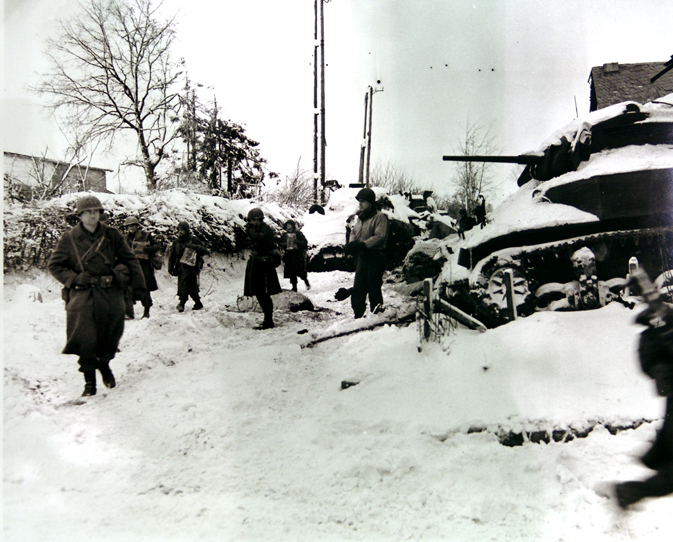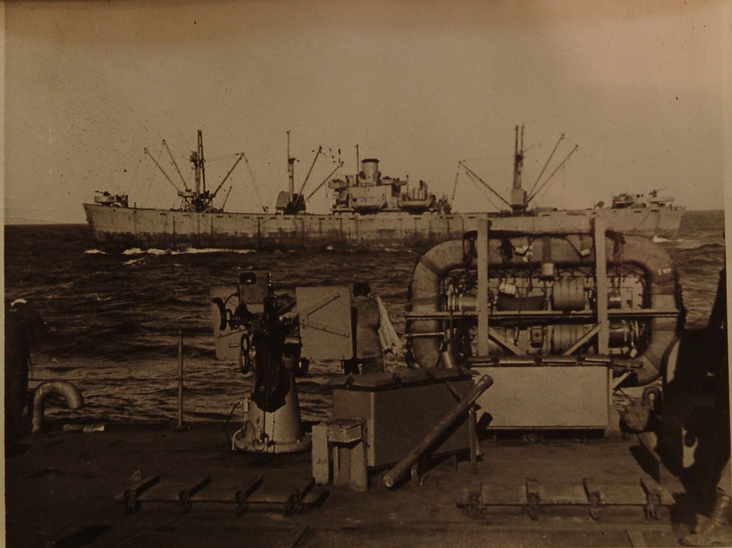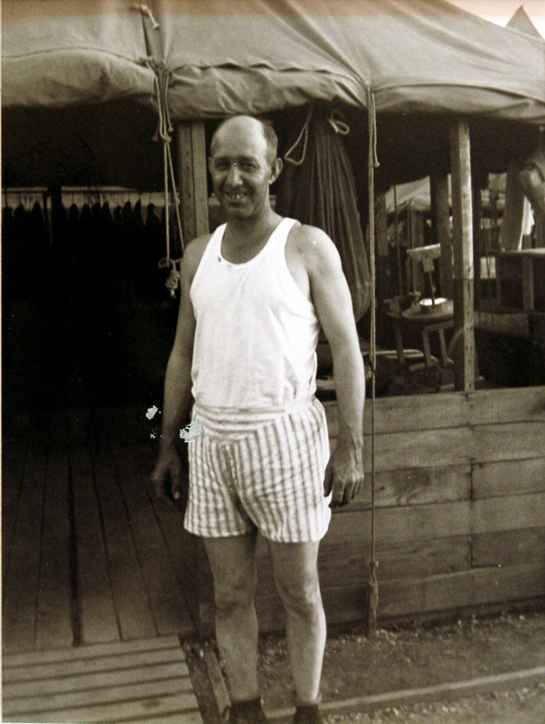| Welcome to the Queens College WWII Alumni Veterans Project. Since our website went public in October 2008, we have been fortunate to be contacted by many Queens College alumni and their families who wish to share their wartime experiences. As you may now know, our original intent was to commemorate the service of the sixty-one Queens College students who did not survive their military service. From this humble beginning, our efforts have grown with the support of the college and private benefactors, from encompass the original research project, to a physical commemoration outside of Jefferson Hall, to this website. Our pool of WWII veteran alumni is shrinking every day, even as we race to compile survey forms, letters, and interviews with those who survive. This website is dedicated to them, their peers who have sadly passed before we could meet them and hear their stories, and the original 61 students who died in the service during the war.

Our fifth update, while long-overdue, is also a very important one for us. Our greatest challenge remains outreach to surviving veterans. We’ve attempted numerous mailings, and have received supportive feedback from new participants, over the last two years. But we are confident that there are many more people out there, whether Queens College veteran alumni or not, who would provide us with details of their service if they had a way to reach us. From the beginning of the project, one of our greatest hopes was to create an interactive questionnaire that would allow interested people to do just that. This update marks the unveiling of this new feature of the website; just follow the links in the menu bar at the top of the page to access the online survey. We look forward to hearing from you soon!
This update also brings two new interviews to light. The first is with veteran alumni Thomas Dent (QC – 1942). Mr. Dent entered the US Navy on February 1, 1943, and soon found himself in command of a Patrol Torpedo Boat (PT Boat) in the Southwest Pacific Theater, patrolling along the Solomon Islands from Bougainville to Guadalcanal. In 1944, Dent was wounded in action, and experienced one of the first Kamikaze attacks in the war. After the war, Lieutenant Dent returned to Corona, and entered law school. His interview is especially interesting, as he offers great detail about life in Corona and at Queens College before the war.

Our second interview is with another Queens College Alumni, Arnold Honig. Like so many Queens College WWII veterans, Honig originally enrolled in the Army Specialized Training Program (ATSP) as an officer cadet. Mounting casualties in the winter of 1944-45 saw a drastic reduction in the program, however, and Officer Cadet Honig became Corporal Honig. After much shuffling between branches, Honig was dispatched to Seattle, Washington, where he began training as a B-29 crewman. The war ended before Honig could be deployed to the Pacific; instead, he was again transferred to spend the next six months training as a dental assistant. After returning home, Honig entered dental school, and opened his own practice in Queens. While his account may not be filled with wartime experiences, it offers a critical look at how so many young New Yorkers answered the call to service, only to find the war over before they got there.

The project remains desperately understaffed. Again, I am issuing a call for support from both students and alumni. The History Club needs new members who are interested in the project and who can make the commitment of time and energy to assist as student interviewers, transcribers, and in other support roles. And again, we are running a race against time to capture the living history of our grandparents and great-grandparents. Anyone with information about a surviving World War II veteran who is living in the greater New York Area with a connection to Queens College is urged to contact me at my email, bobby.wintermute@qc.cuny.edu. We are also interested in speaking with the surviving family members of deceased Queens College WWII Alumni about archiving and digitizing artifacts, letters, diaries, photos, and other memorabilia related to your family member’s wartime experiences. Thank you all again for viewing our page and supporting our project. Please note, that we are preparing to embark on a significant site redesign, which will make the site easier to navigate and highlight other oral history initiatives that we are undertaking here at Queens College. Stay tuned for more news in the months to come!
February 28, 2012
Bobby A. Wintermute
Assistant Professor
History

|



